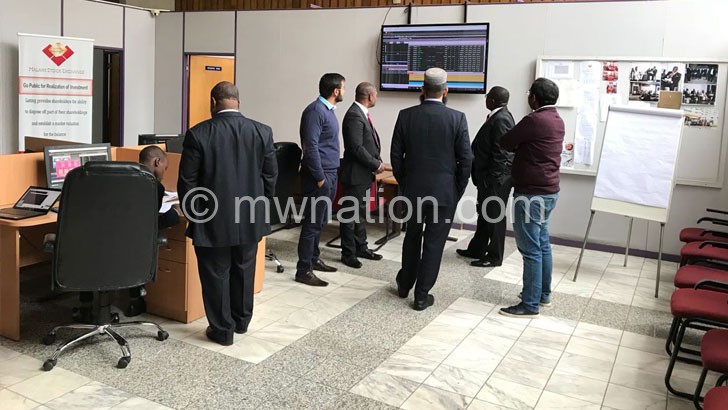RBM survey shows people shun banks
Malawians continue to shun transacting with banks with data showing that as of 2022, a paltry 2.1 million people had accounts, representing 24 percent of the adult population.
The Household Financial Literacy and Capability Survey conducted by the Reserve Bank of Malawi (RBM) has found that this is a five percentage points drop from the 29 percent of the adult population of 8.7 million people recorded in the previous survey in 2019.

In a written response yesterday, RBM spokesperson Mark Lungu attributed the drop to increased uptake of digital financial platforms.
He said the central bank in collaboration with the Ministry of Finance and Economic Affairs and other stakeholders, is implementing initiatives to promote financial inclusion, including the development of the National Strategy on Financial Inclusion.
Lungu said the initiatives also include issuing of Agency Banking Directive to allow banks to have agents perform banking activities on behalf of the principal bank.
He said: “We have also established Consumer Protection and Financial Literacy Unit to coordinate implementation of various financial literacy initiatives, including conducting awareness campaigns aimed at sensitising the general public to the importance of having a bank account.
“Recently the bank has embarked on raising awareness on adoption of digital financial services with focus on the rural population which is marginalised.”
Lungu said the central bank is also implementing targeted financial literacy programmes on banking products and services.”
Meanwhile, through the revised National Strategy for Financial Inclusion, Malawi has committed to increasing access to financial services to 75 percent of the adult population by 2027, a move that is expected to create economic opportunities and contribute to wealth creation and poverty reduction.
This is a 28.9 percentage points rise from the current 46.1 percent.
In an interview yesterday, Consumers Association of Malawi executive director John Kapito said digital financial services remain the most convenient platforms for transactions available even in remote areas on mobile devices or with agents spread nationwide.
“The urge to save with banks is there, but looking at the costs of saving and borrowing from banks, people shun from borrowing from banks and opt for the traditional methods,” he said.
International Monetary Fund (IMF) data shows that in the five years to 2022, Malawi’s access to formal financial markets and services has risen sustained by non-traditional financial platforms.
An IMF Financial Access Survey in Malawi established that access to finance has changed, with traditional financial access points such as automated teller machines and bank branches gradually declining while non-traditional access points such as retail agents and mobile money agents are growing rapidly.
The revised National Strategy for Financial Inclusion’s main agenda is to increase the availability of affordable and quality financial services that are provided by sound, responsible and innovative financial institutions to the populace.




